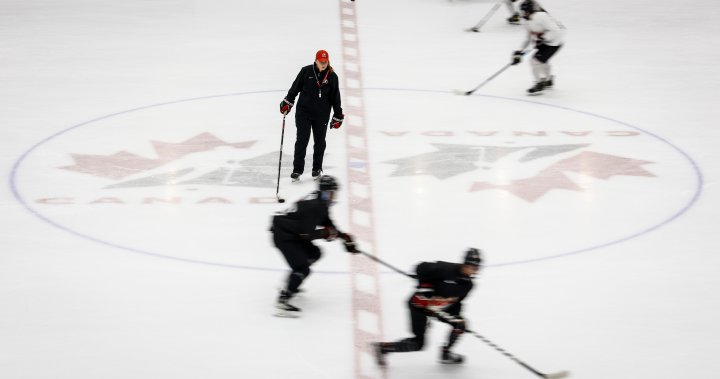
Hockey Canada should think beyond hockey world to diversify new board, experts say
Global News
One expert said he is concerned that Hockey Canada will once again get mired in old thinking if it doesn't radically change how it appoints its new board of directors.
If Hockey Canada is going to truly change its culture then it must break from its old governance processes, say three experts.
Brock McGillis, an inclusion advocate who played professional hockey, said on Monday that he is concerned that Hockey Canada will once again get mired in old thinking if it doesn’t radically change how it appoints its new board of directors. Hockey Canada announced on Saturday its intention to follow the recommendations set out in an interim report by former Supreme Court justice Thomas Cromwell, who is in the midst of an independent investigation into the national sports organization’s handling of an alleged group sexual assault involving members of Canada’s 2018 men’s junior hockey team.
Cromwell’s recommendations include making the new board of directors larger and more diverse. McGillis said he hopes that means looking to hockey’s nonconformists or even beyond the sport itself.
“I can go anywhere and I can tell you who plays hockey in a mall or at a school, they dress the same, talk the same, walk the same,” said McGillis. “We need to break those barriers to conformity and allow some individualism so that people can be human beings and themselves and not hockey robots.
“But if we’re picking adults, who are essentially the corporate version of that, then we’re doing a disservice. Because we’re not embracing and breaking the barriers to conformity, and we’re leading to the same result.”
Cromwell was tasked with a full governance review of Hockey Canada earlier this year after it was revealed that the organization reached an undisclosed settlement with a woman who alleged she was sexually assaulted by eight players, including members of the country’s 2018 world junior team. A second police investigation is also underway over an alleged group sexual assault involving members of the 2003 men’s world junior team.
None of the allegations have been proven in court.
Richard Powers, a professor at the University of Toronto’s Rotman School of Management, said to avoid making the same mistakes twice, Hockey Canada must put an emphasis on finding directors with appropriate skill sets like a background in finance or legal matters rather than experience within the sport itself.
